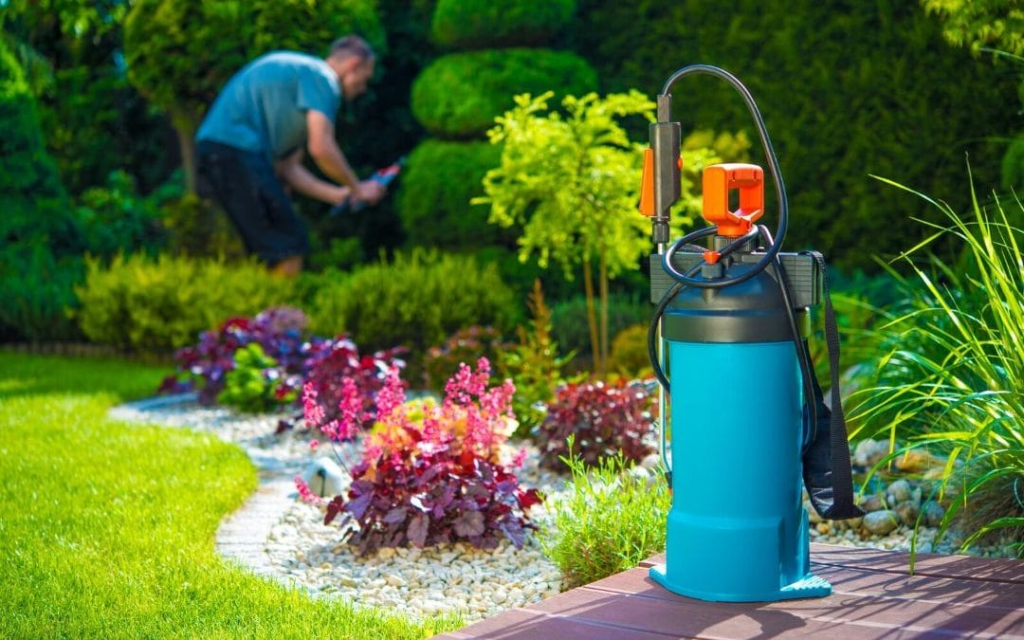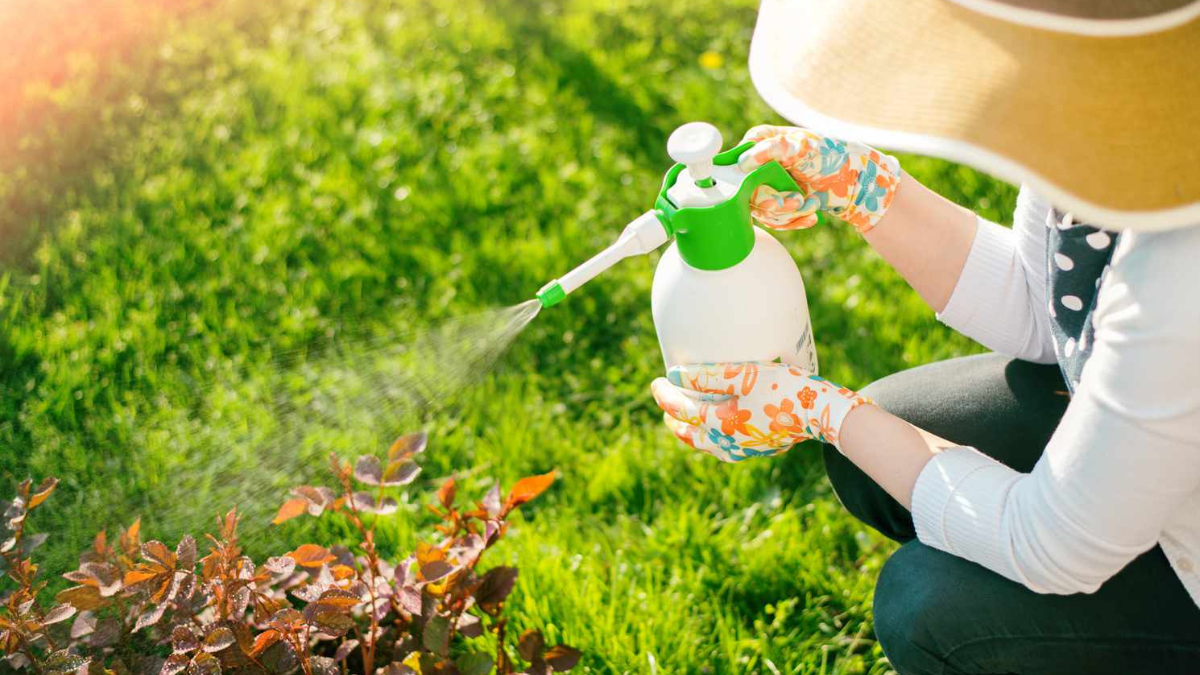Insect pests can wreak havoc on your garden, causing stunted growth, leaf damage, and even the death of your beloved plants. While it may be tempting to reach for chemical pesticides as a quick solution, it’s important to consider more sustainable and environmentally friendly methods of pest control. By adopting a holistic approach that combines prevention, monitoring, and various control techniques, you can maintain a healthy garden while minimizing harm to beneficial organisms.
Ultra Fine Garden Mesh Netting, CHAHOT Garden Netting, 8'x24' Garden Insect Netting Pest Barrier, Plant Cover for Protect Plant Fruits Flower from Insect Bird Eating, Row Cover Patio Screen Netting
$16.99
2. Understanding Insect Pests in the Garden

Before diving into the methods of pest control, it’s essential to familiarize yourself with the common insect pests that may infest your garden. Different pests have distinct preferences and behaviors, so knowing their traits can help you devise effective control strategies. Take the time to learn about the appearance, life cycles, and habits of garden pests such as aphids, caterpillars, slugs, snails, and mites.
3. Prevention and Monitoring
Prevention is the first line of defense against insect pests. By creating a healthy garden environment, you can minimize the chances of infestations. Ensure your plants receive adequate sunlight, water, and nutrients, as healthy plants are more resistant to pests. Regularly inspect your plants for signs of infestation, such as chewed leaves, wilting, or discoloration. Early detection allows for swift action.
In addition to visual inspection, you can employ preventive measures such as using physical traps and barriers. Sticky traps attract and capture flying insects, while barriers like netting or fences can keep crawling pests at bay.
4. Natural and Organic Control Methods
A natural and organic approach to pest control is not only environmentally friendly but also helps maintain a balanced ecosystem. One effective method is the introduction of beneficial insects, such as ladybugs, lacewings, and praying mantises, which feed on garden pests. Another technique is companion planting, where certain plants repel pests or attract beneficial insects. For example, marigolds deter aphids, while planting dill attracts ladybugs.
Additionally, homemade pest sprays made from ingredients like garlic, neem oil, or soap can help control pests without harming beneficial insects. These natural remedies are safe for humans and animals while effectively deterring or eliminating pests.
5. Mechanical and Physical Control Methods

When faced with a localized pest infestation, mechanical and physical control methods can be highly effective. Handpicking pests, such as caterpillars or slugs, from plants can significantly reduce their numbers. Remember to dispose of the pests properly to prevent their return.
Physical barriers, such as collars around the base of plants or floating row covers, act as protective shields, preventing pests from reaching vulnerable plant parts. Additionally, water sprays or traps can be used to dislodge or catch pests like aphids or beetles.
6. Chemical Control Methods
Although chemical control methods should be a last resort, there are situations where they may be necessary. If pest populations become overwhelming or threaten the survival of plants, carefully selected pesticides can provide effective control. When opting for chemical solutions, consider choosing products that specifically target the pests you are dealing with, minimizing harm to beneficial insects and the environment.
Proper application techniques are crucial to ensure the safety and effectiveness of chemical pesticides. Follow the instructions on the product label meticulously, using the recommended protective gear and applying the pesticides at the right time of day and weather conditions.
7. Integrated Pest Management (IPM)

Integrated Pest Management (IPM) is a comprehensive approach that combines various control methods to effectively manage pest populations while minimizing environmental impact. By integrating preventive measures, natural control methods, and targeted chemical applications when necessary, you can achieve long-term pest management success.
Regularly monitor the effectiveness of your pest control efforts and adapt your strategies as needed. IPM promotes sustainable practices, reducing the reliance on chemical pesticides and fostering a balanced ecosystem in your garden.
8. Conclusion
Controlling insect pests in the garden requires a multifaceted approach that combines prevention, monitoring, and the use of various control methods. By understanding the pests, creating a healthy garden environment, and employing natural, mechanical, and chemical control techniques as part of an integrated pest management strategy, you can protect your plants from damage and maintain a thriving garden.


